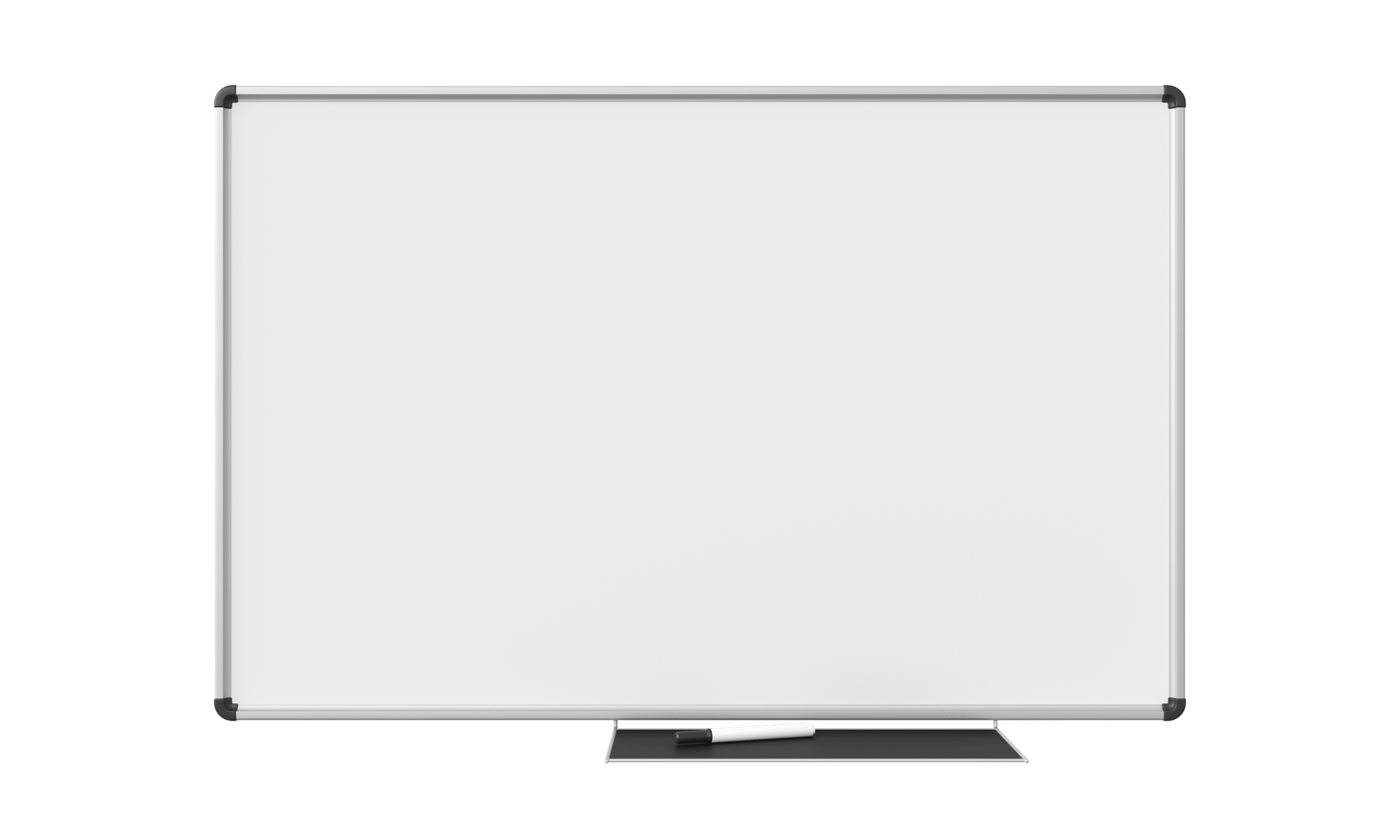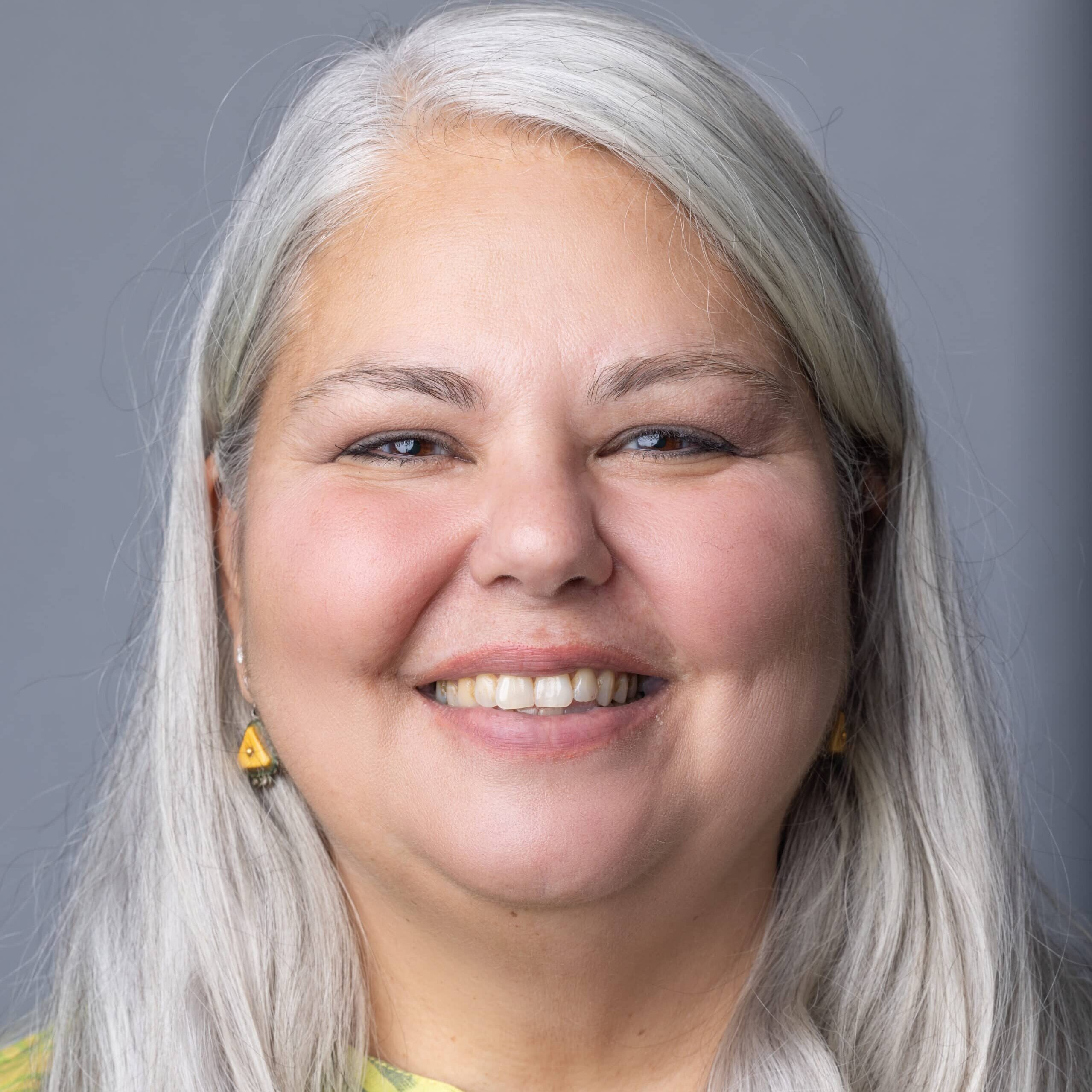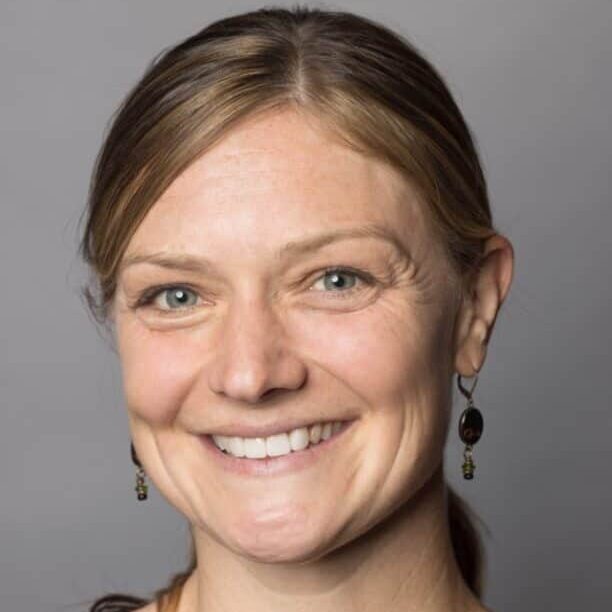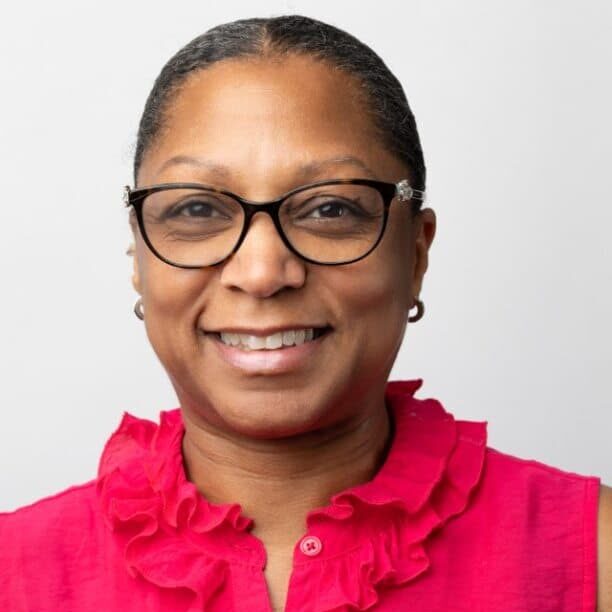Leadership in Strategic Communication Workshop
Leadership in Strategic Communication Workshop
Baltimore, Maryland USA
June 16 to July 4, 2025
NOTE: The application period for the 2025 workshop is closed. Please sign up for updates below to learn about future opportunities.
The backbone of the workshop is guided by the P Process, a five-step communication framework. The P Process, which has guided the creation of communication strategies for more than 30 years, has been updated to incorporate lessons learned and to acknowledge the real-time, dynamic nature of the strategic process as well as new technologies and the constantly changing nature of communication, social norms and individual behavior and decision-making. It draws from many other disciplines, including design theory, behavioral economics, social psychology and anthropology.
Throughout the course of the workshop, participants will also explore their own personal potential for making a positive impact in the world. This holistic approach to change was developed by one of the workshop’s original creators, Dr. Benjamin Lozare, whose legacy workshop facilitators carry forward today.
The LSCW has over 5,000 alumni in 100 countries around the world. Our alumni include country presidents, ministers of health, USAID mission directors, and other leaders in government, public health, global development, medicine and communication.
Who is this workshop for?
What will participants gain?
Practical, accelerated learning of communication theory, design and measurement strategies, with a focus on social and behavior change.
An understanding of multidisciplinary approaches, applied in the context of communication for global health and development.
Knowledge of current trends in project management, crisis management and leadership.
Learning Objectives
Working in a team, participants will develop a scalable health communication campaign based on a pre-determined global health or development challenge.
In the course of developing the campaign participants will learn how to develop a scalable communication campaign:
- Write a strategic communication plan
- Design and implement evidence-based, culturally relevant messages
- Explore digital media as a mechanism for dissemination and measurement
- Develop a crisis response plan
- Measure and evaluate program results

Write a strategic communication plan
Design and implement evidence-based, culturally relevant messages
Explore digital media as a mechanism for dissemination and measurement
Develop a crisis response plan
Measure and evaluate program results
Tuition
Tuition is $7,000.
BSPH full-time staff can access non-credit professional development tuition remission to attend the workshop.
Travel, visa, hotel, and incidentals are not included in the tuition price. Johns Hopkins University does not provide financial assistance to applicants, and therefore it is the responsibility of each participant to find his or her own source of funding.
We recommend that sponsors and/or participants budget $10,000 to cover the cost of tuition, travel, hotel and all fees associated with attending the workshop.
Visa Information
Please note that JHU does not offer immigration sponsorship for this workshop. The B-1/B-2 visitor visa (or visa waiver program) may be suitable for participants who are not U.S. Citizens or Legal Permanent Residents.
Visitor visas are self-sponsored, and individuals submit a visa application directly to a U.S. consulate or embassy abroad.
The U.S. Department of State is the issuing authority for all U.S. visas and determines whether the proposed activity in the U.S. is appropriate for issuance of a visitor visa.
Participants authorized to be in the U.S. in some other visa status may be able to attend the program if that status also allows participation in this type of program and does not violate the terms of their visa.




